MeECL employees join nationwide protest against Centre’s move to pass Electricity (Amendment) Bill, 2022

The Coordination Committee of Registered MeECL Association and Unions (CCORMAU) on Monday asked the state government to oppose the move of the Centre to pass the Electricity (Amendment) Bill, 2022.
The request was made during a sit-in-demonstration organized in Shillong as part of the nationwide protest against the Bill.
The protest was held in all the district headquarters participated by the employees and engineers of the Meghalaya Energy Corporation Limited (MeECL).
“We urged the Chief Minister and the Deputy Chief Minister in-charge Power to oppose the Centre’s move to pass the Electricity (Amendment) Bill, 2022 without taking the stakeholders into consideration,” president of CCORMAU PK Shullet told reporters.
He said about 27 lakh power employees and engineers across the country are protesting and demonstrating against the tabling of the Electricity Bill in the parliament today.
According to him, the central government has tried to rush the bill through the monsoon session.
“It is very unfortunate that although the Electricity (Amendment) Bill, 2022 did not figures in the lists of Bills to be introduced in the parliament, the central government has decided suddenly to press this bill through the monsoon session and get it passed,” Shullet said.
The CCORMAU demanded the central government to refer the Bill to a parliamentary standing committee.
“We demand that the central government refer this bill to a parliamentary standing committee and bring in all stakeholders and the bill should be passed only after due consultation and democratic process is done while bringing this bill again in parliament and accordingly be passed,” he said.
Referring to the bill as detrimental, the president said it has introduced the concept of distribution companies and these distribution companies will be given permission through only registration and within 60-70 days if permissions are not granted, it will be deemed accepted and they can start supplying power as any other utility adding “This is going to be very risky for the consumers.”
“Multiple companies that will coexist along with the existing discom or utilities or let me say that there will be private companies who will come to our state and start supplying power with MeECL. What will happen? They will be cherry picking and in the process when the consumers who are subsidized consumers opt for private companies, they will be left with our state utility or in other words state utility like MeECL will be left only with poor consumers. This will have a huge effect on the exchequer,” he added.
Further highlighting the demerits of the bill, Shullet said this Bill also prohibits the state load dispatch centre and the regional load dispatch centre from dispatching load until and unless the upfront dues is paid to the generation companies or any supplies based on the contract agreement.
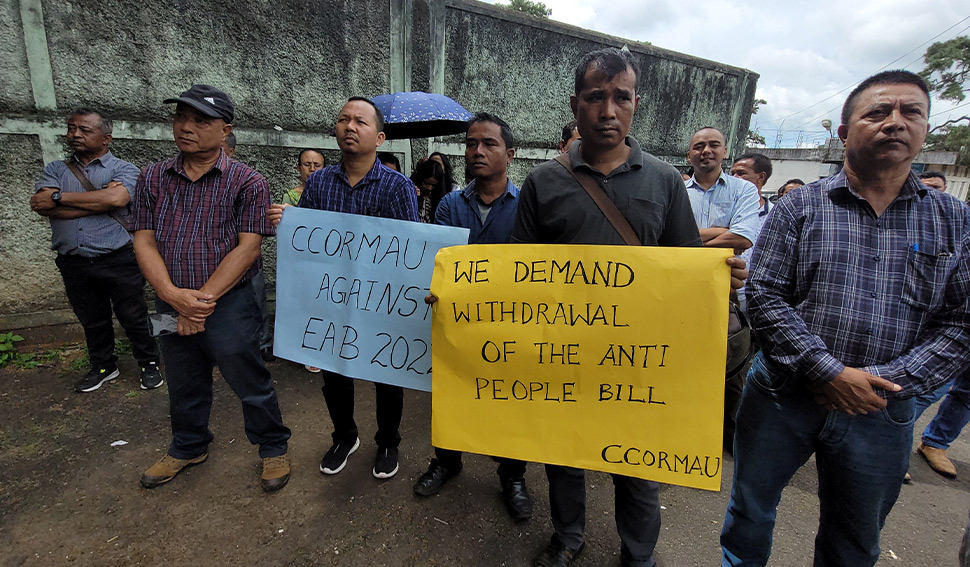
“Again this is going to be very dangerous for a small state like ours which has financial constraints and will also directly affect the consumers.”
He also pointed out that there is also provision for harsh penalties if any of the utilities does not comply with the renewable purchase obligation.
“So what will happen we know that across the country, this renewable energy are produced by private players and by having this provision, the state will be bound to purchase power from these private parties just to meet these obligations so this again is going to have an adverse impact on the state and the financial implication will be bad on the state,” he said.
Shullet further alleged that the central government is trying to take away the power of the state by centralizing the power and making policies which will be executed by the central government and by its agencies thereby reducing the power of the state electricity regulatory commission.
“The Bill also introduces an open access in the Low Tension side. What will happen if open access is given in the LT side there will be chaos, there is no clarity about the last mile delivery system, there is no mention in the bill about who will be responsible to provide infrastructure to the new consumers, there is no clarity about the impact on agriculture, small businesses and also most importantly, there is no mention about what will happen to the electricity employees across the country.”
Meanwhile, Shullet informed that the next course of action will depend on the decision of the NCCOEEE. CCORMAU is also a state chapter of the NCCOEEE.
“We would like to call upon the central government to kindly invite all the stakeholders including the electricity employees into the consultation table before the bill is passed,” he reiterated.
The Union Minister of Power RK Singh introduced The Electricity (Amendment) Bill, 2022 in the Lok Sabha on Monday. Meanwhile, the minister has also requested the Bill to be sent to standing committee on energy for examination.
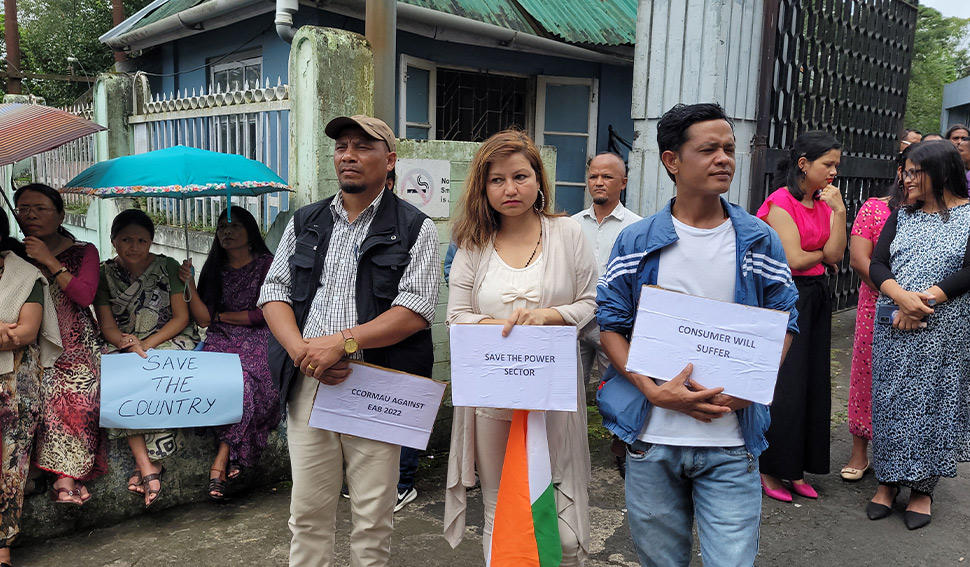
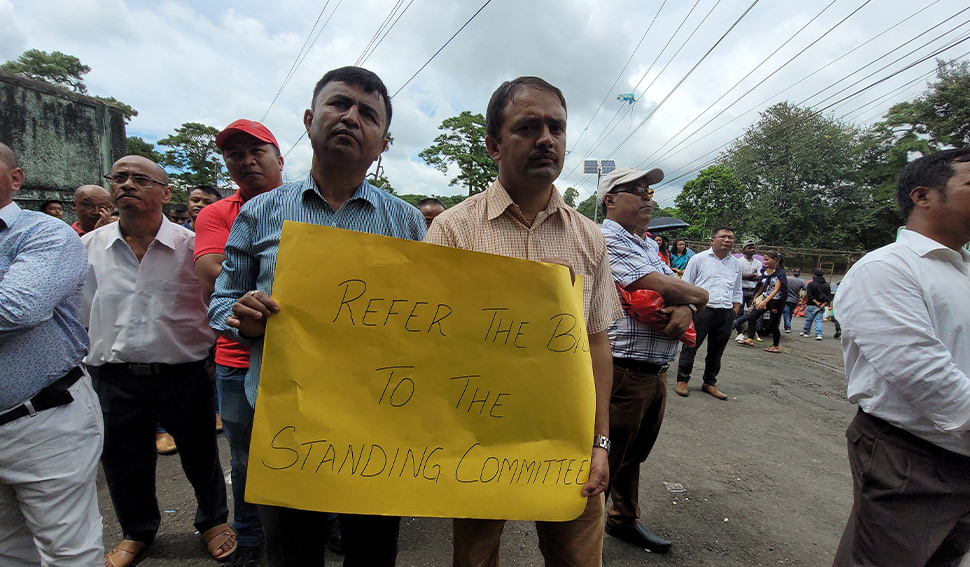
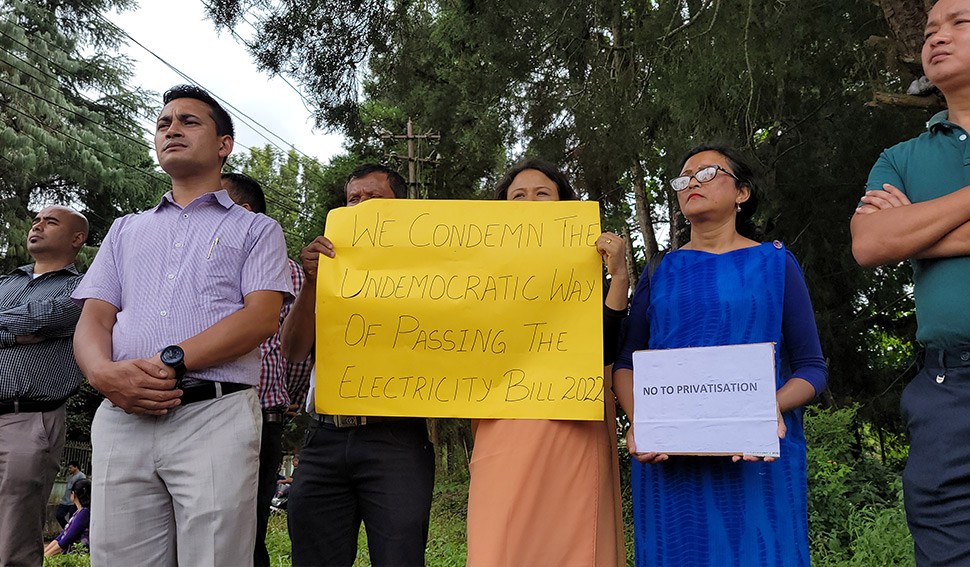


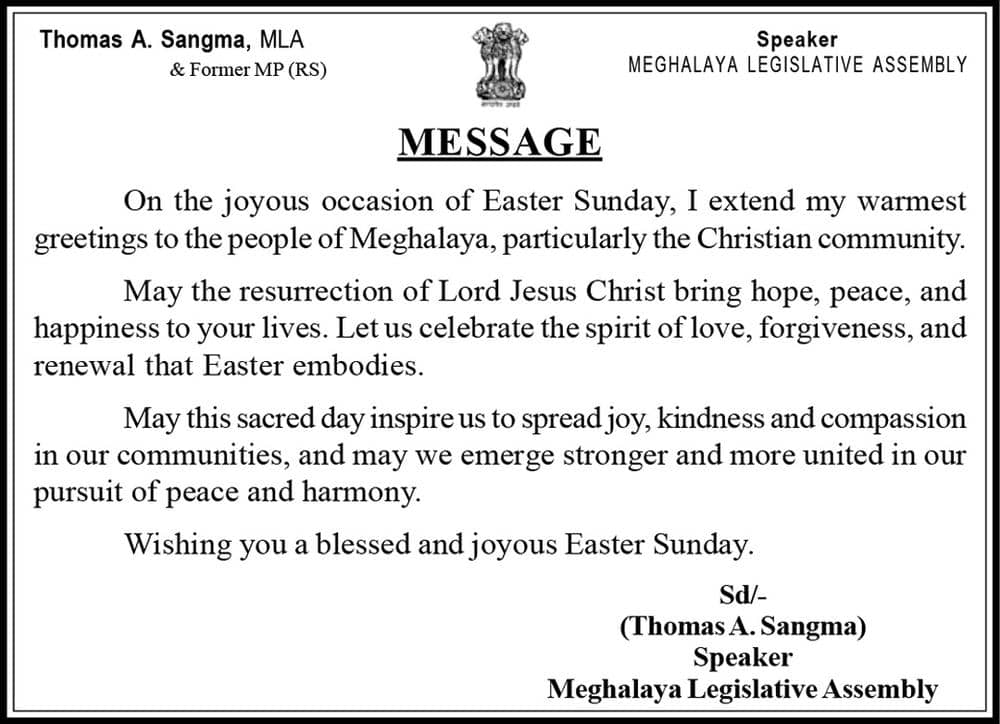
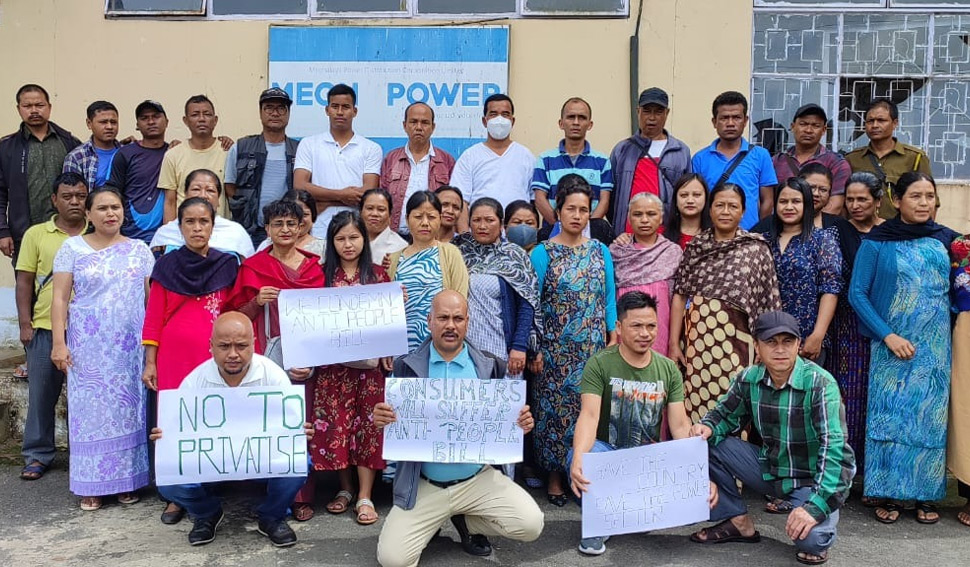
Leave a Reply